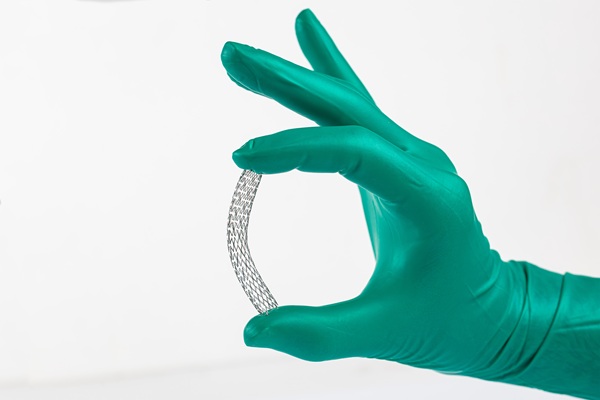When Should You See a Cardiovascular Doctor?

The heart is one of the most important organs in the body, and it is crucial to prioritize its health. A cardiovascular doctor can help prevent, diagnose, and treat diseases that affect the heart. While patients are typically referred to these specialists by their primary care doctors, there are times when patients should seek the help of a cardiovascular doctor on their own.
When to see a cardiovascular doctor about symptoms
Two main symptoms spur patients into visiting a cardiovascular doctor: chest pain and shortness of breath. However, many patients find it difficult to determine if their symptoms warrant a visit to a cardiovascular doctor or not. Typically, if they come on suddenly and intensely, patients should go to the emergency room. Here are some symptoms to watch out for and what they may mean.
Chest pain
Chest pain accompanied by other symptoms like shortness of breath, weakness, and dizziness should receive emergency medical attention. However, there are cases in which chest pain is not an indicator of a more serious condition. This applies if it is persistent, worsens over time, or happens more frequently (especially while exercising). Still, it is better to be safe and see a cardiovascular doctor as soon as possible.
Shortness of breath
According to the Mayo Clinic, shortness of breath can indicate problems with the heart or lungs. When it occurs suddenly, it could be a sign of anaphylaxis, heart attack, or other life-threatening medical events. Therefore, patients should seek emergency medical attention for clarification.
When shortness of breath is more of a chronic issue, schedule an appointment with a cardiovascular doctor for diagnosis and treatment. In regards to this condition, chronic means that it has lasted at least a few consecutive weeks. It may be a symptom of heart dysfunction, chronic obstructive pulmonary disease (COPD), asthma, or other serious but non-life-threatening conditions.
Other times to see a cardiovascular doctor
Some circumstances warrant a trip to the cardiovascular doctor to ensure everything with the heart and blood vessels is in working order. Take patients who have been physically inactive for an extended period of time, for example. Before starting a new sport or exercise program, have a doctor confirm that the heart is in good condition to withstand increased activity. If it is not, they can provide treatments to help get the heart in better shape.
Patients with preexisting conditions that can impact the heart and blood vessels should see a cardiovascular doctor regularly. Diabetes, high blood pressure, high cholesterol, and chronic kidney disease are common examples. Patients with a family history of heart disease should also make regular visits a priority. A cardiovascular doctor will have a better chance of detecting any issues early on, often leading to better health outcomes.
Book an appointment with a cardiovascular doctor
Protect your heart health with the help of a cardiovascular doctor at Florida Premier Cardiology . Simply call our office to schedule an appointment. We care for patients in Boynton Beach and nearby.
Request an appointment here: https://boyntonbeach.floridapremiercardio.com or call Florida Premier Cardiology at (561) 229-1411 for an appointment in our Boynton Beach office.
Check out what others are saying about our services on Yelp: Cardiovascular Doctor in Boynton Beach, FL.
Recent Posts
Coronary stent placement is a treatment for coronary artery disease, a buildup of plaque (fat and cholesterol) around the heart's arteries. Along with angioplasty, a stent helps restore blood flow to the heart, relieving symptoms such as chest pain and shortness of breath and helping prevent a heart attack. The following overview of coronary stent…
Heart disease treatment encompasses a range of interventions, from lifestyle changes and medications to surgical interventions. Individuals can manage their condition and improve their quality of life by working with a cardiologist. Successful heart disease treatment starts with the patient having the information they need to make informed decisions about their health.Also known as cardiovascular…
A heart specialist is a doctor specializing in diagnosing and treating cardiovascular conditions. Patients may be referred to one of these doctors for several reasons, from diagnosing a heart health issue to getting cleared for surgery. However, seeing a heart specialist is even more crucial for those either experiencing the signs of heart disease or…
Cardiologists perform angioplasty to open blocked arteries, specifically those caused by coronary disease. This minimally invasive alternative to open heart surgery can restore proper blood flow to the heart and often reverse the fast track to a heart attack. However, learning when one is necessary is crucial for treatment success.Coronary artery disease (CAD) is a…


